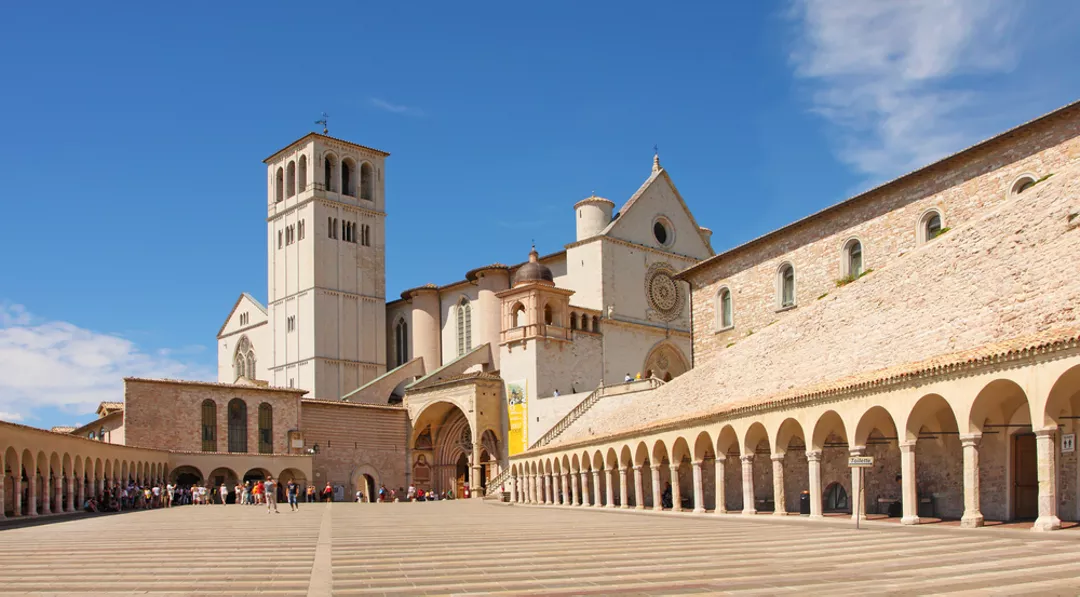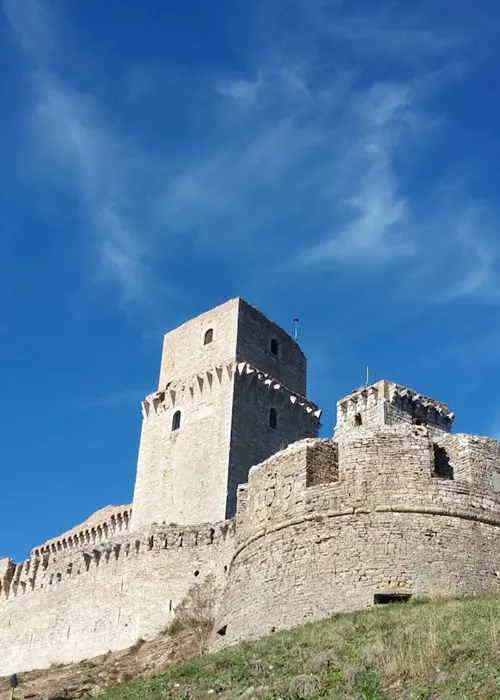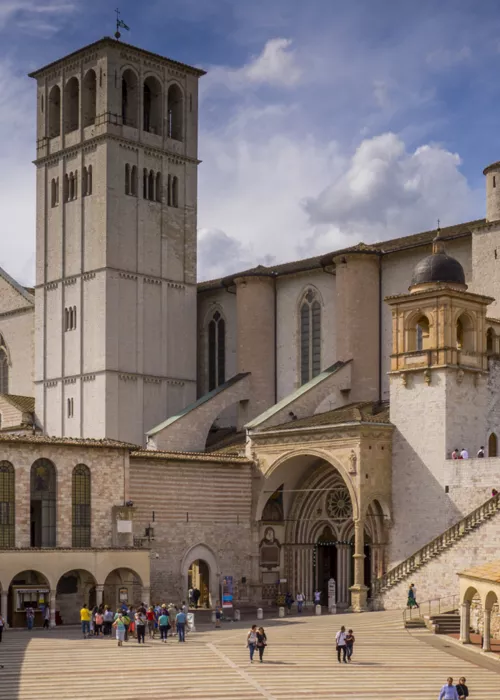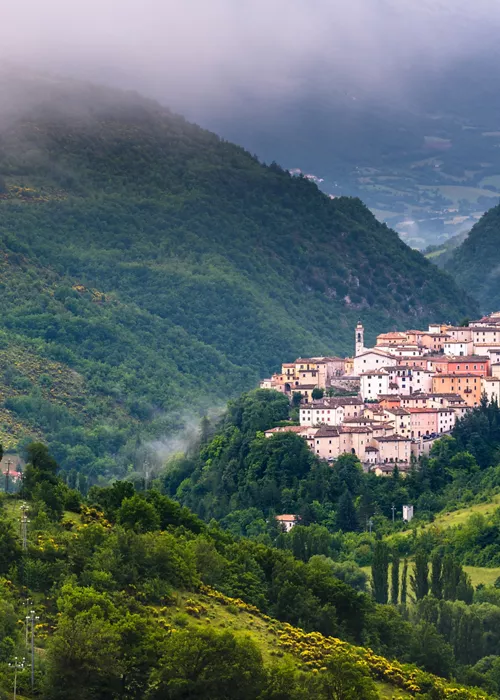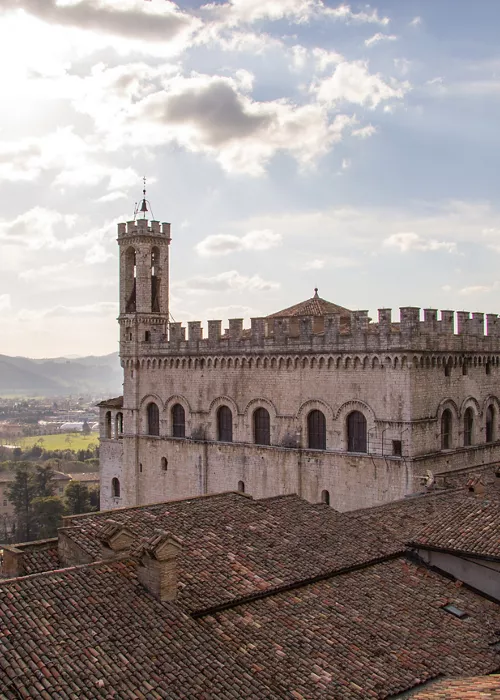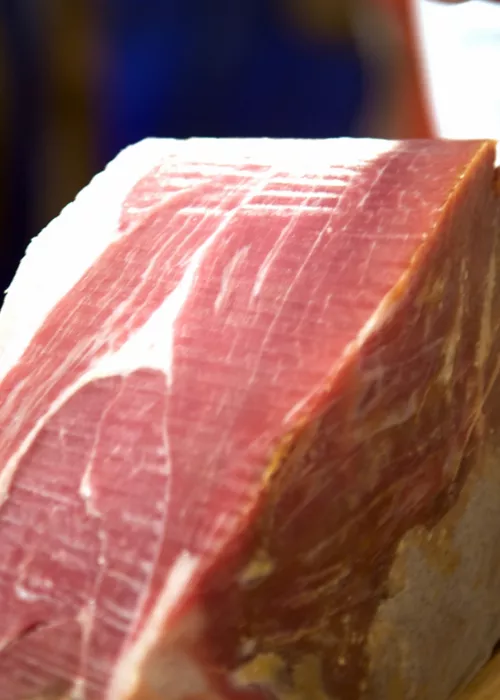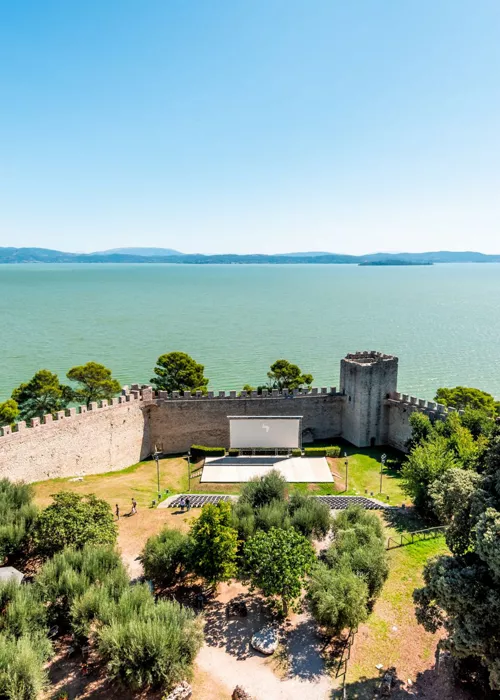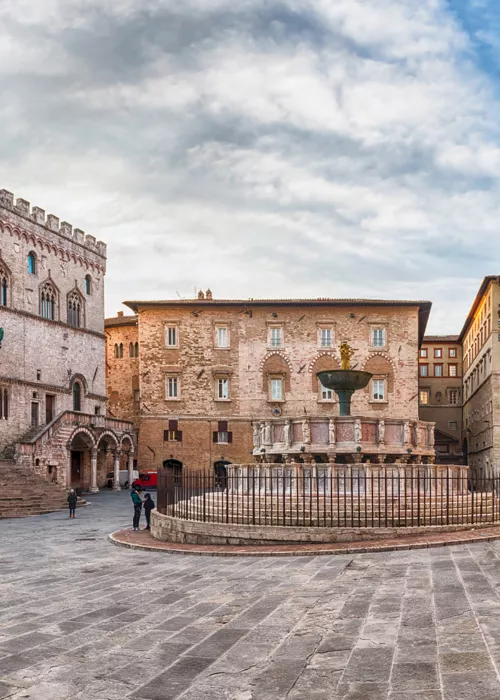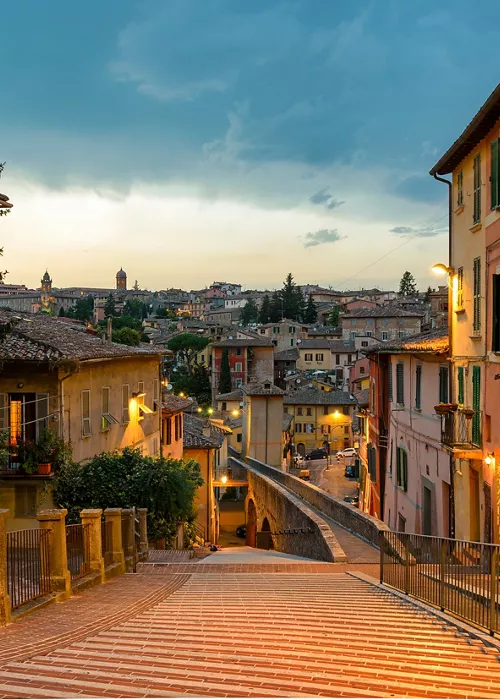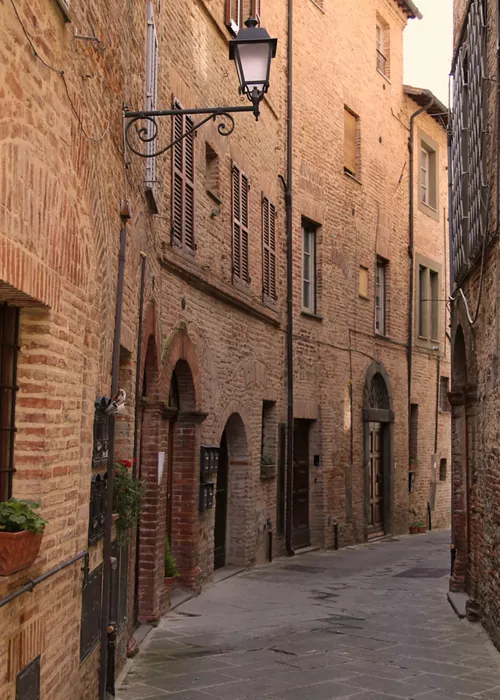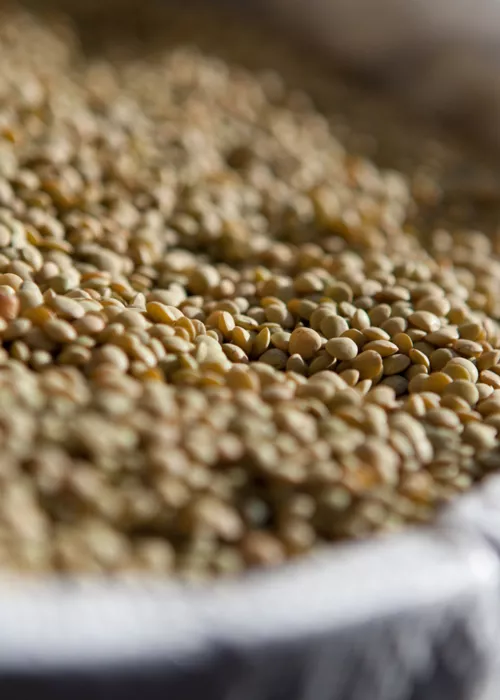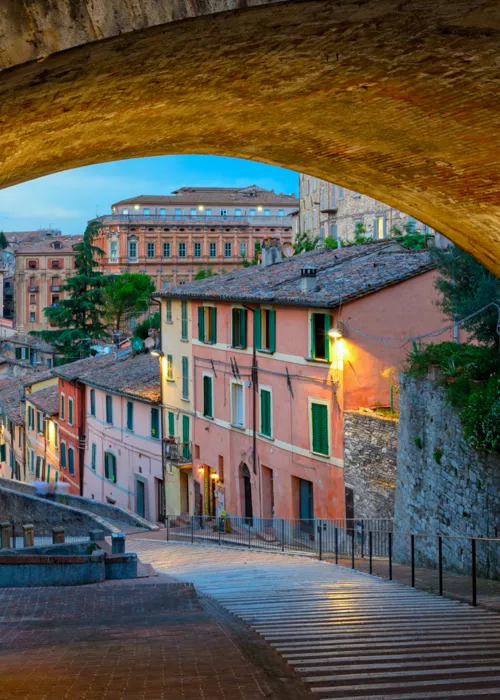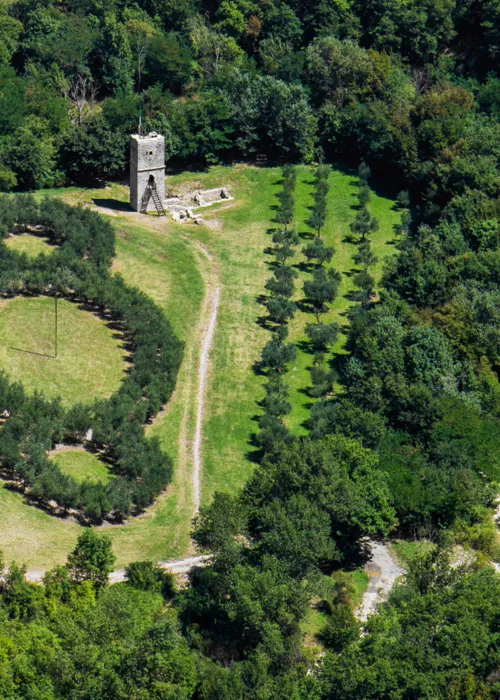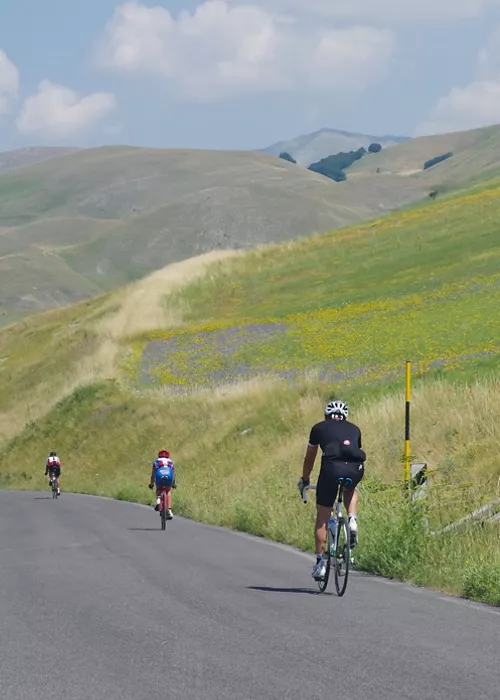Assisi, a sanctuary with a priceless historical heritage
3 minutes
Assisi is the city of saints – Saint Francis of Assisi and Saint Chiara of Assisi – its peaceful spirit is palpable with every step through its beautiful streets. It is a jewel of Umbria, in the province of Perugia, perched on the slopes of Mount Subasio.
This welcoming, cosy city is made unique by its various historical, artistic, natural and gastronomic attractions. Giosuè Carducci once described this enchanting city, where Saint Francis of Assisi set out to change the Church as an institution, as 'a great thing, town, city and sanctuary'.
The history and magic of Assisi
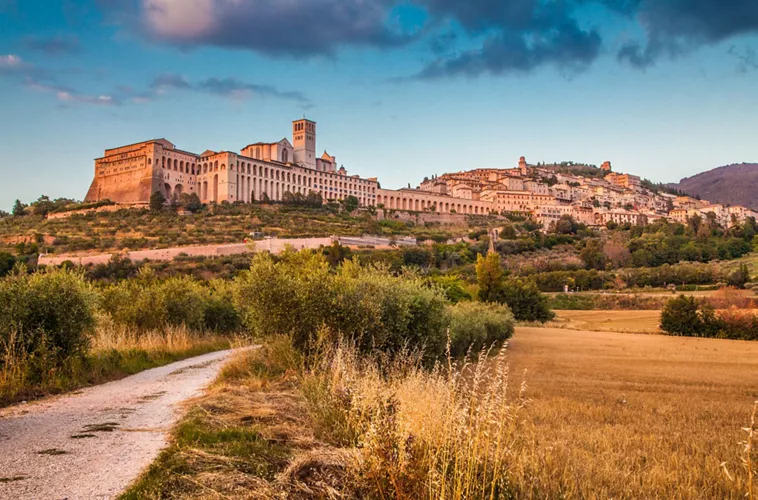
The history of Assisi has uncertain origins, but it was undoubtedly influenced by the Etruscans and the Romans. Life in medieval Assisi was eventful, subjected to constant conquests and sieges, triggered by disputes between the Germanic and Byzantine peoples. This period led to the construction of many castles, including Rocca Maggiore.
As an independent municipality, it was a time of great splendour for Assisi, thanks to the monastic movements, most notably of the Benedictines. In 1180, Saint Francis of Assisi was born here, a man who symbolised the city because he committed himself to the service of God by helping the poor, renouncing his family's wealth. Saint Clare of Assisi was a spiritual pupil of Saint Francis and founder of the Order of Saint Clare: at 18, she fled her wealthy family to join Francis at the Basilica of Santa Maria degli Angeli.
Why Assisi is a UNESCO site
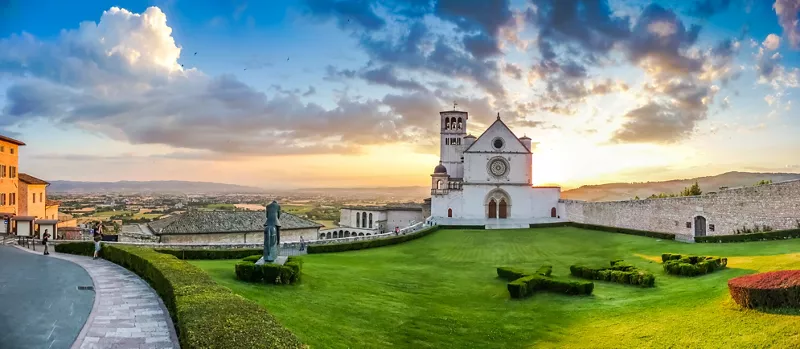
Assisi, with its historic centre and iconic monuments, became a UNESCO site in 2000 because it is considered a rare example of historical continuity between the city, its cultural landscape and the local infrastructure as a whole. What’s more, since the Middle Ages, it has been closely associated with the Franciscan movement, which promotes an important message of peace and tolerance throughout the world.
In particular, the Basilica of San Francesco is considered a masterpiece, as well as an extraordinary example of a religious building that influenced the development of art and architecture in the city.
What to see in Assisi: unmissable sites
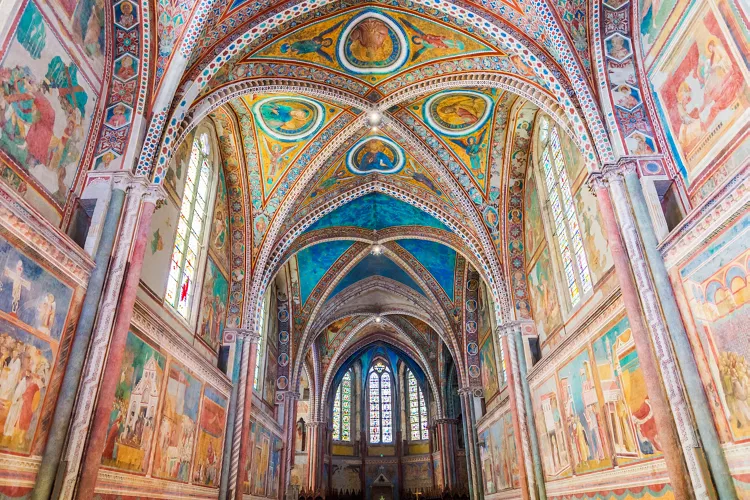
To fully immerse yourself in the city's undeniable charm, you have to devote some time to its landmarks. Here are some of our picks for what to see in Assisi:
Where better to start than the Basilica of San Francesco d'Assisi? Composed of two churches, the Lower and the Upper, its crypt houses the Saint's tomb. This site played a significant role in the history of Italian art, hosting works by Giotto, Cimabue, Simone Martini and Pietro Lorenzetti.
The next stop can only be the Basilica of Santa Chiara, built immediately after her death. In full Umbrian Gothic style, it houses relics of Saint Chiara and Saint Francis. We continue on to the Basilica of Santa Maria degli Angeli, built to protect some of the important places in the life of Saint Francis: inside, you can find the small church where he composed the Canticle of the Creatures and where he died.
Our last stop is Rocca Maggiore, the imposing castle that dominates the city and nearby countryside.
But it doesn't end there. Assisi is full of surprises, each one as beautiful as the next. We highly recommend visiting the Temple of Minerva. Transformed into the St Maria Sopra Minerva Basilica by Pope Paul III in 1539, it is the best preserved Roman building in the region.
Then there is San Damiano, a sanctuary with a special soul. It is now the seat of the Franciscan novitiate, a sign that “the Saint's fire can still make young hearts burn”.
Finally, if you have time to spare, check out the Domus del Larario in Assisi, an ancient and prestigious Roman residence dating back to the first century AD, discovered by chance in 2001.
What to eat in Assisi: Three delicacies

Umbrian culinary tradition offers simple dishes enhanced with unique ingredients.
The most iconic dish is umbricelli, a large spaghetti-like handmade pasta dressed with tomato sauce, cream, truffle, pecorino cheese and many other ingredients.
Pigeon alla ghiotta is another very special traditional dish: the pigeon is cooked on a spit and seasoned with a sauce made by the cooking the juices of the meat and some giblets.
Finally, anyone who enjoys cured meat will love the Umbrian corallina, a salami made mostly of lean pieces of pork.

